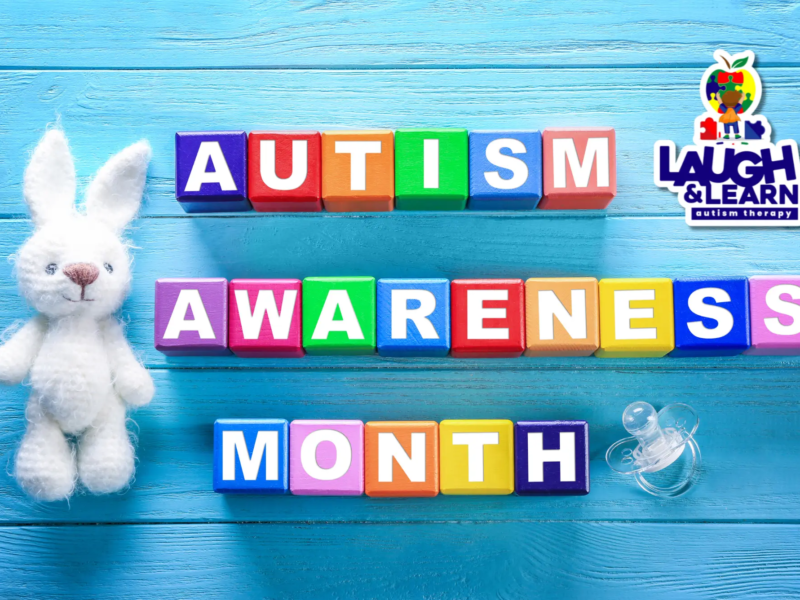ABA Therapy FAQs:
From its foundational principles to its practical application, ABA Therapy is a pivotal approach in supporting individuals with autism and other developmental challenges. In this comprehensive guide, we delve into the frequently asked questions (FAQs) surrounding ABA Therapy, aiming to demystify its concepts, shed light on its effectiveness, and offer insights into its role in nurturing positive behavior and fostering meaningful progress. Whether you’re new to ABA Therapy or seeking deeper insights, this compilation of FAQs aims to provide clarity and guidance, empowering you with essential knowledge to navigate this impactful therapeutic intervention.
Q1: What is ABA Therapy?
Applied Behavior Analysis (ABA) is a therapeutic approach that uses scientific principles to understand and improve behavior. It is particularly effective in helping individuals with autism spectrum disorder (ASD) and other developmental challenges.
Q2: How does ABA Therapy work?
ABA Therapy works by systematically applying behavioral principles to increase desired behaviors and decrease unwanted behaviors. It involves breaking down complex skills into smaller, manageable tasks and using positive reinforcement to encourage progress.
Q3: What conditions does ABA Therapy address?
ABA Therapy is widely recognized for its effectiveness in treating autism spectrum disorder (ASD). It is also used to address various behavioral challenges in individuals with developmental disorders, learning disabilities, and other conditions.
Q4: Who provides ABA Therapy?
ABA Therapy is typically provided by trained and certified behavior analysts (BCBAs) or behavior technicians under the supervision of a BCBA. These professionals design and implement personalized intervention plans.
Q5: How long does ABA Therapy last?
The duration of ABA Therapy varies based on individual needs and goals. It can range from a few months to several years. Treatment plans are individualized and regularly assessed to ensure ongoing progress.
Q6: Is ABA Therapy only for children with autism?
While ABA Therapy is commonly associated with autism treatment, it is also effective for individuals of all ages with various behavioral challenges, including those without a formal autism diagnosis.
Q7: What does an ABA Therapy session look like?
ABA Therapy sessions are tailored to the individual’s needs. They may include one-on-one interactions, structured activities, play-based interventions, and opportunities to practice new skills in real-life settings.
Q8: How can parents be involved in ABA Therapy?
Parent involvement is encouraged in ABA Therapy. Parents often collaborate with therapists to reinforce skills at home, participate in training sessions, and stay informed about their child’s progress.
Q9: Is ABA Therapy covered by insurance?
Many insurance plans cover ABA Therapy, but coverage varies. It’s essential to check with your insurance provider to understand the specifics of your coverage and potential out-of-pocket costs.
Q10: Are there any side effects of ABA Therapy?
ABA Therapy is generally considered safe, with minimal side effects. The focus is on positive reinforcement and skill-building. Any concerns or changes in behavior are closely monitored and addressed by the therapy team.
Q11: Can ABA Therapy be done online?
Yes, ABA Therapy can be conducted online through telehealth platforms. This allows for flexibility and access to therapy services, especially in situations where in-person sessions may be challenging.
Q12: How can I find out more?
To find out more about ABA Therapy and how you can schedule a tour of one of our clinics, call us at 810-545-7230 or email us at info@welaughandlearn.com
For further reading about the FAQs of ABA Therapy check out this article on Autism Speaks



